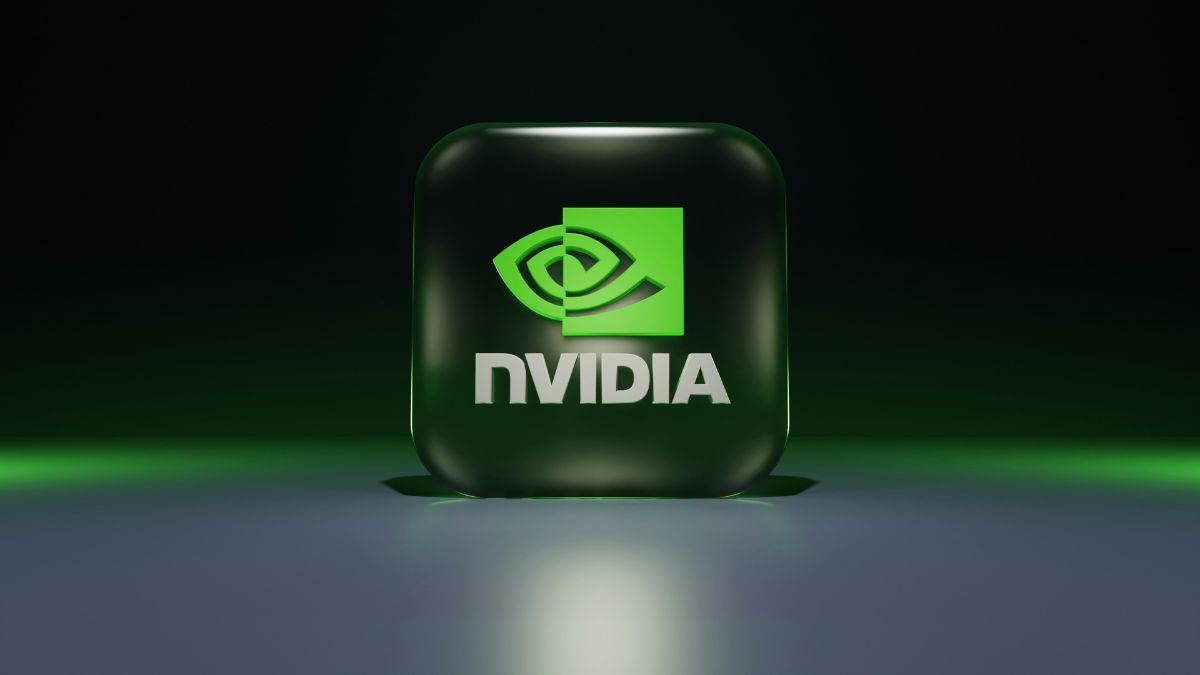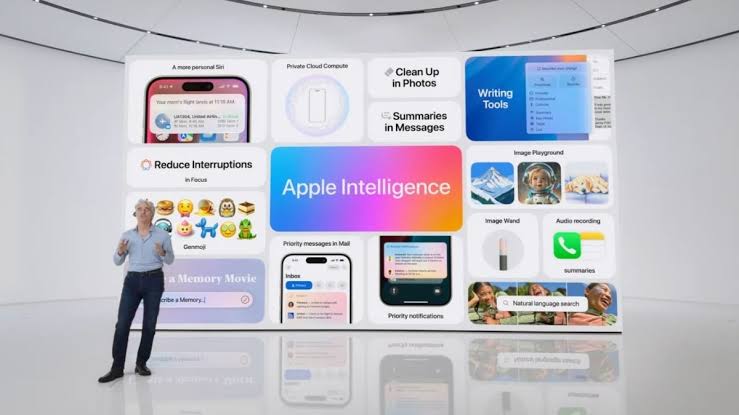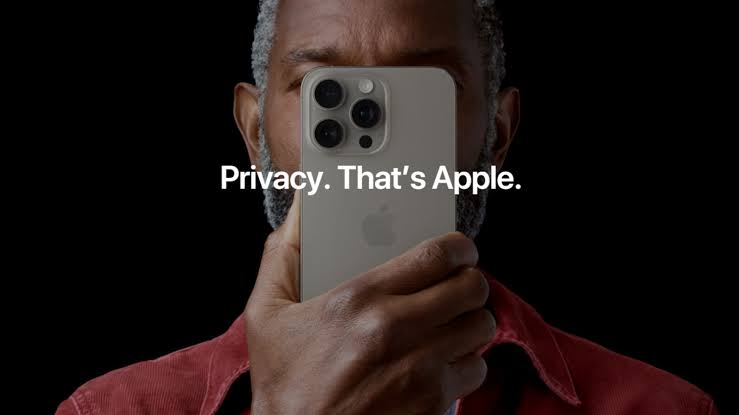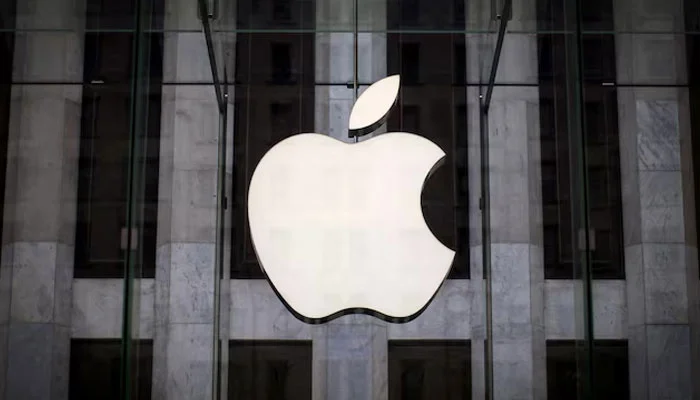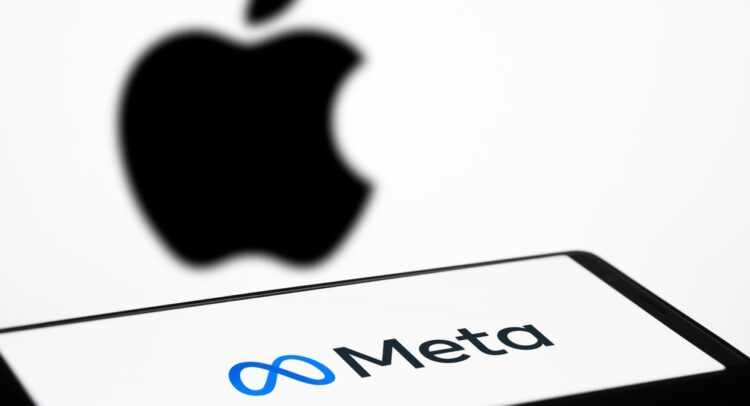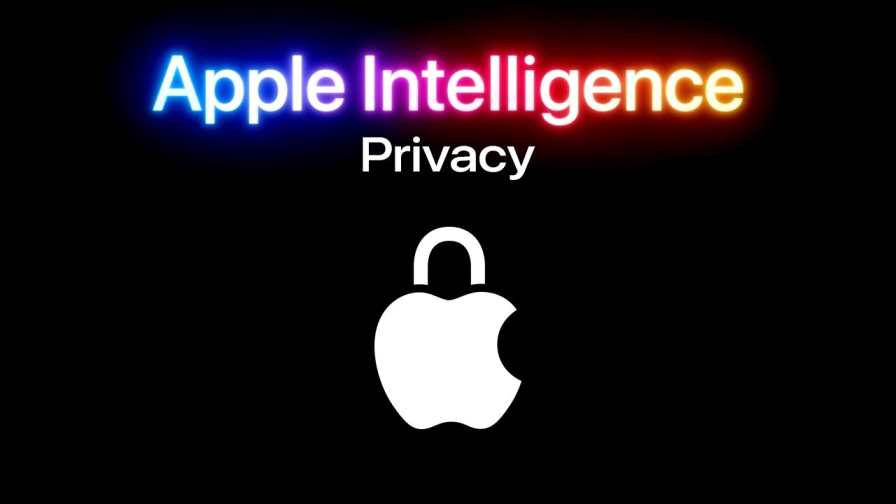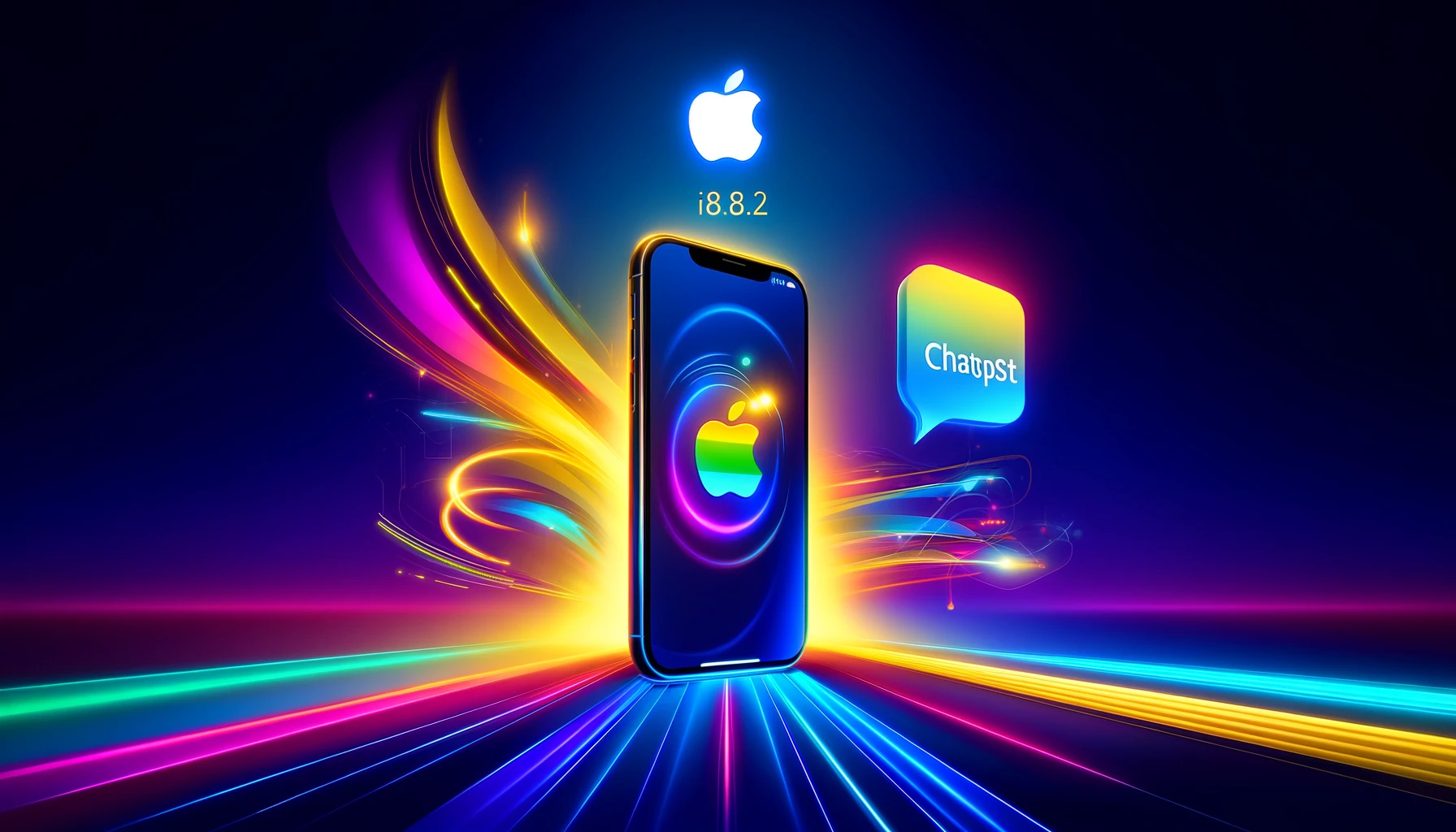Apple made a prominent announcement on Wednesday about iOS 18.2, its most recent software version. This version incorporates ChatGPT from OpenAI into its ecosystem.
This move marks a pivotal moment in the company’s ongoing efforts to enhance user experience through artificial intelligence. The integration allows users to interact with ChatGPT directly through Siri, making it easier to access advanced AI capabilities without switching between applications.
Read also: Microsoft expands Phone Link: iPhone-to-PC file sharing
A new era of interaction
Imagine asking your smartphone a complex question and receiving a tailored response that feels almost conversational. With the new ChatGPT integration, Apple transforms how users interact with their devices.
The feature activates when Siri encounters a question it cannot answer directly; it will then seek user permission to connect to ChatGPT for assistance. This seamless interaction is designed to provide users with more accurate and detailed responses, enhancing Siri’s overall functionality.
Apple has emphasised that privacy remains a top priority. Users can feel secure knowing OpenAI will not retain their requests, reinforcing Apple’s commitment to safeguarding user data.
As Apple CEO Tim Cook stated during the announcement, “With ChatGPT integrated into Writing Tools and Siri, users can tap into ChatGPT’s expertise without having to switch between apps, helping them get things done faster and easier than ever before.”
This integration is not just about convenience; it represents a leap forward in how artificial intelligence can assist in daily tasks.
Innovative features beyond ChatGPT
In addition to the ChatGPT integration, iOS 18.2 introduces several other exciting features under “Apple Intelligence.”
One notable addition is Image Playground, which allows users to create images based on prompts or suggestions.
This feature encourages creativity by enabling users to generate cartoonish or stylistic visuals rather than photorealistic images, potentially reducing misuse risks.
The Image Playground is accessible as a standalone application and can be integrated into various platforms, such as Messages and Keynote.
Another innovative tool is Genmoji, which lets users design personalised emoji-like stickers for use in chats. This feature is expected to resonate well with younger audiences who enjoy expressing themselves through unique digital stickers.
Furthermore, enhancements to the Writing Tools allow users to generate text based on prompts, making writing tasks more dynamic and engaging.
The release of iOS 18.2 also expands language support for Apple Intelligence features, now including localised English for countries like Canada and Ireland and additional languages such as Chinese and Spanish. This broadening of language support aims to make Apple’s services more accessible to a global audience.
Read also: ChatGPT and Sora suffer major outage amid high demand
Founder’s vision
The vision behind these advancements can be traced back to Apple’s commitment to innovation and user-centric design.
Founded by Steve Jobs, Steve Wozniak, and Ronald Wayne in 1976, Apple has consistently pushed the boundaries of technology while prioritising user experience. Today, under Tim Cook’s leadership, the company continues this legacy by integrating cutting-edge technology like AI into everyday devices.
The partnership with OpenAI represents a significant step forward for Apple as it seeks to redefine personal computing through artificial intelligence. Apple uses OpenAI’s natural language processing and machine learning expertise to improve its products while prioritising privacy.
As users explore these new features in iOS 18.2, they will likely find that the integration of ChatGPT streamlines their interactions with Siri and enriches their overall experience with Apple devices. Whether generating creative content or obtaining quick answers to complex questions, the future looks promising for Apple’s AI initiatives.
